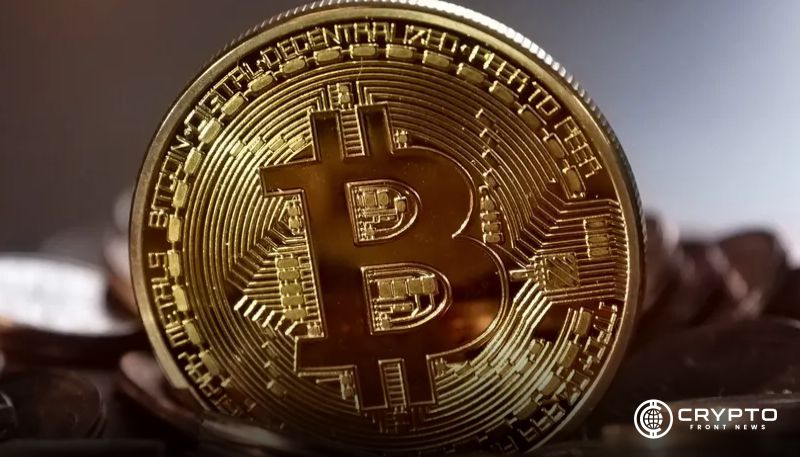- The BITCOIN Act directs the U.S. to buy up to 1 million Bitcoins over five years to form a Strategic Bitcoin Reserve.
- Senator Lummis links the bill to preserving the U.S. dollar’s reserve status as national debt and interest payments continue to rise.
- The Department of the Treasury will manage the Bitcoin reserve through secure, decentralized vaults, respecting individual custody rights.
Senator Cynthia Lummis has reintroduced the BITCOIN Act, a legislative proposal to create a Strategic Bitcoin Reserve. The move aims to enhance the United States’ financial standing amid growing concerns over national debt and the dollar’s global reserve currency status.
Under this bill the U.S. government can acquire a maximum of one million Bitcoins over five years. The planned acquisition scheme includes about 5 percent of all Bitcoin in existence. The national digital asset reserve created through this initiative aims to match the existing gold reserves of the nation.
Debt Concerns Amplify Urgency for Digital Asset Strategy
Lummis explained to the Senate Banking Subcommittee on Digital Assets that the growing federal debt served as one of the vital motivations to advance the bill. From her perspective the protection of the dollar’s status as global reserve currency required supporting economic competitiveness.
The proposal emerges after BlackRock CEO Larry Fink issued warnings about how increasing debt payments might lower U.S. dollar confidence. The total interest payments will surpass $952 billion during 2025 according to Fink’s analysis, thus exceeding the budget allocated for defense spending.
Executive Order Aligns with Legislative Push
The bill would codify an executive order signed by President Trump in March that created a Strategic Bitcoin Reserve. Under the order, the reserve will include Bitcoins seized through legal proceedings. Lummis’ bill seeks to formalize this reserve and expand its holdings.
If enacted, the Department of the Treasury would manage the reserve through decentralized and secure Bitcoin vaults. The legislation ensures that the reserve does not infringe upon private Bitcoin ownership or self-custody rights.
Lummis initially introduced a similar proposal in mid-2024, but it failed to advance. With heightened economic concerns and executive support now in place, she has renewed efforts to gain congressional approval in the current session.





